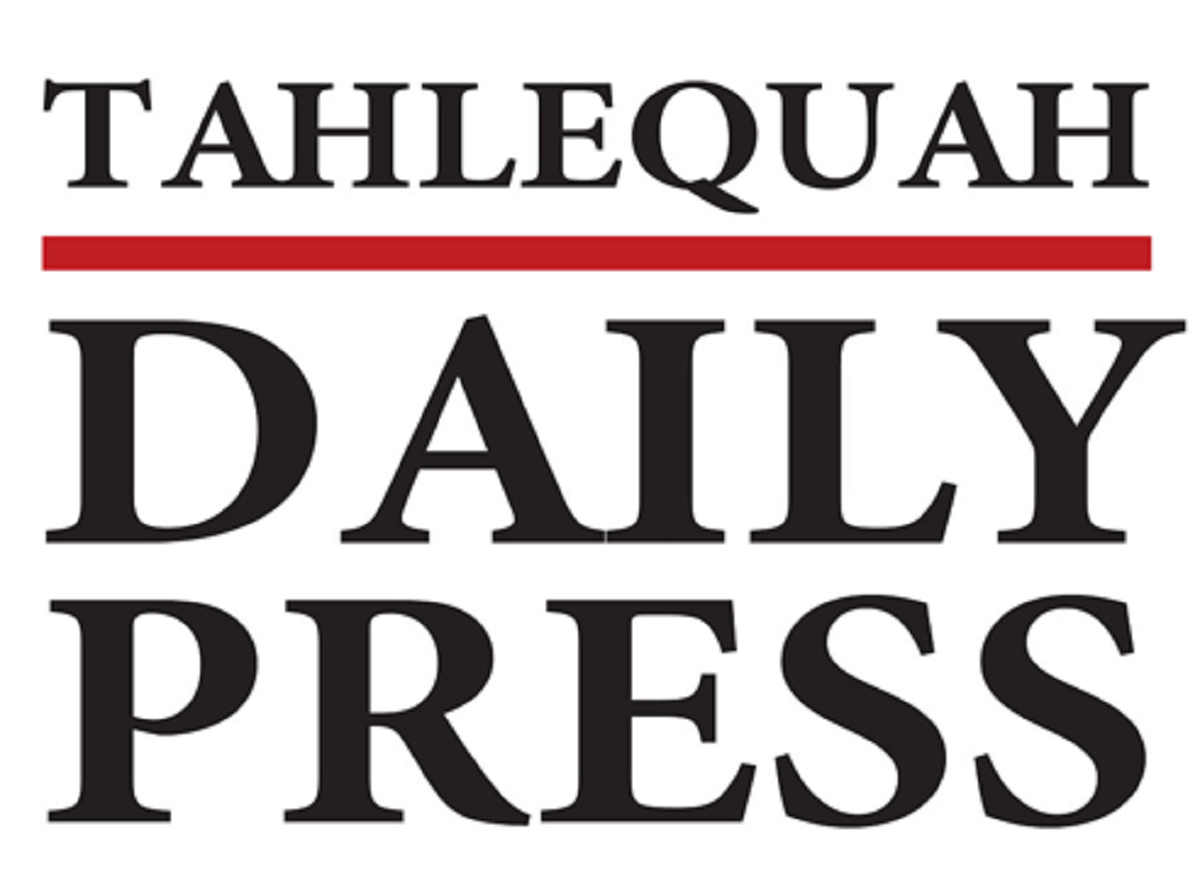[ad_1]
Earlier this month, I was proud to welcome a member of the Presidential Cabinet and other senior U.S. health officials to the Cherokee Nation.
US Secretary of Health and Human Services Xavier Becerra, Administrator of the Center for Medicare and Medicaid Services Chiquita Brooks-LaSure, Acting Director of the Indian Health Service Elizabeth Fowler and Executive Director of the White House Council on Native American Affairs, Morgan Rodman, visited on July 1. Secretary Becerra’s first official visit to a tribal reservation, the same day the state of Oklahoma’s Medicaid expansion took effect.
Deputy Chief Bryan Warner and I joined these federal leaders, along with other leaders from tribal, health care, and nonprofit organizations, for an interesting discussion on the recent expansion of Medicaid in Oklahoma and on our joint efforts to improve the health of the Cherokees and all Oklahomans.
We celebrated the successful expansion of Medicaid, which in the first few weeks has already recruited over 1,100 patients from our health care system and over 120,000 patients statewide. Now, anyone in Oklahoma earning up to 138% of the federal poverty level – about $ 36,000 for a family of four – can enroll in SoonerCare, the state’s Medicaid program. This means more Cherokee and Oklahoma families have financial peace of mind and better access to care for serious health issues.
The Cherokee Nation has the largest tribal-operated healthcare system in the United States, with more than 1.4 million patient visits per year. We estimate that the expansion of Medicaid by voters in Oklahoma will impact our healthcare reimbursements by $ 27 million, and we will reinvest that money to provide even more and better care for our patients.
Across Oklahoma, tribal, rural, and urban healthcare providers and their patients are seeing similar benefits. The expansion of Medicaid filled major gaps in access to care that had held back our state for too long. I am grateful for the dedication of advocates who have worked for years to achieve this expansion, as well as for the wisdom of the voters of Oklahoma who saw that denying billions in federal funds for health coverage did great harm to l economy of our state and to the people.
Becerra and CMS Administrator Brooks-LaSure also visited our health centers and met one-on-one with Cherokee families and health care providers to talk about the importance of the federal government meeting its responsibilities. of trust towards the Indian country. We discussed the Cherokee Nation’s COVID-19 vaccination efforts, plans to build drug treatment facilities and physical wellness centers across the reservation, and our tribe’s historic partnership with the Oklahoma State University to establish the first tribal-affiliated medical college.
Tribal nations are sovereign governments that should always be included in political discussions on issues that concern us. It is encouraging to see the Biden-Harris administration making this collaboration a priority. When we work together in good faith, there is no limit to what we can do for our people.
As Chief of the Cherokee Nation, I am proud to see our country’s health care achievements recognized at the highest levels of the United States government. The Cherokee Nation has proven the benefits of investing in health care during the right times to be prepared for a pandemic or recession.
We must continue to make universal accessibility of health care for our citizens a priority. This foundation of good health and financial protection against emergencies allows the Cherokees to grow economically and pursue their dreams.
Chuck Hoskin Jr. is the chief leader of the Cherokee Nation.
[ad_2]

